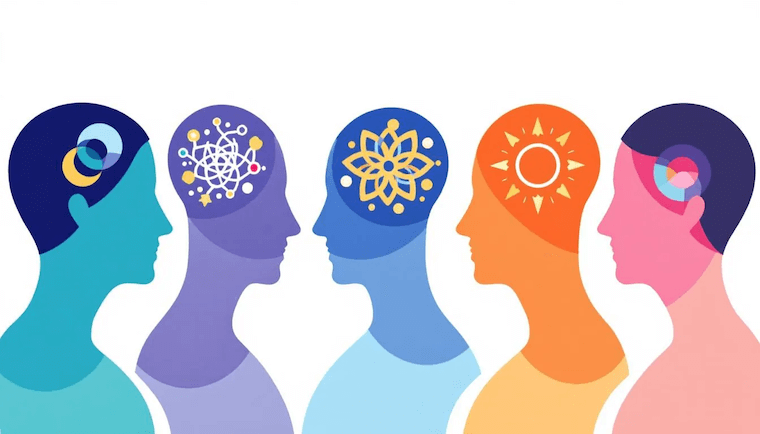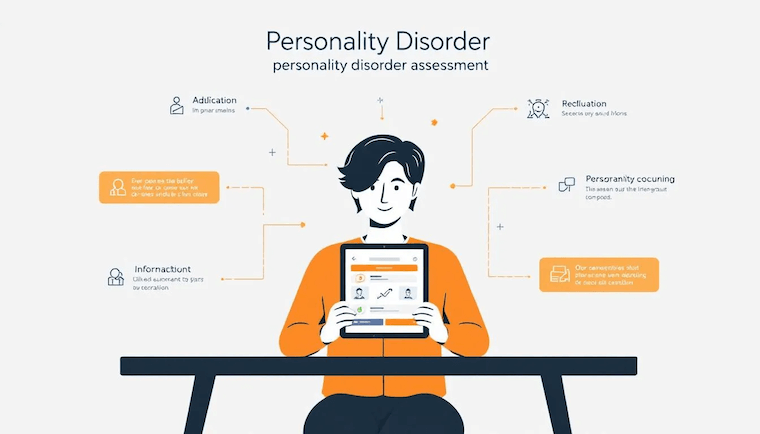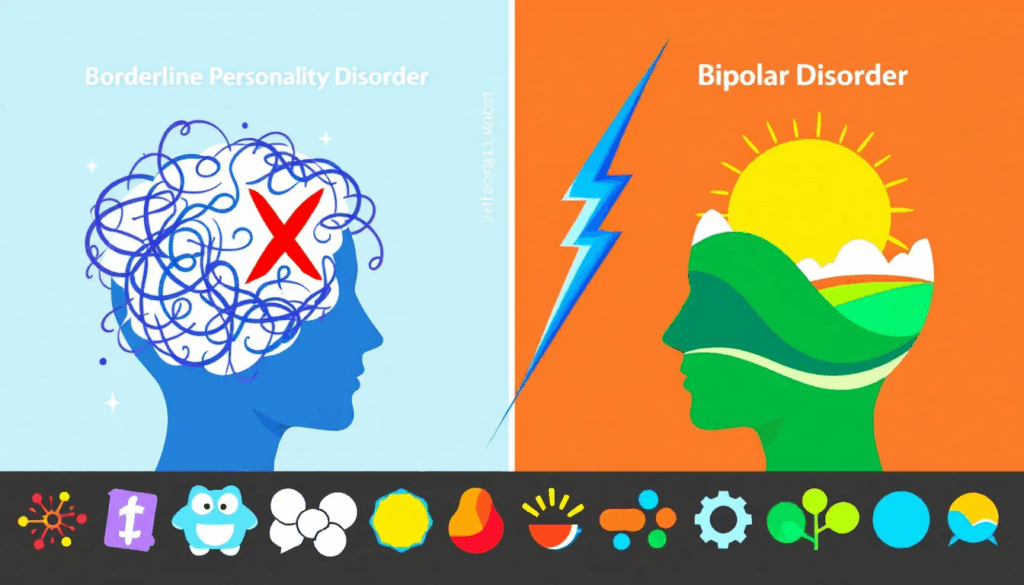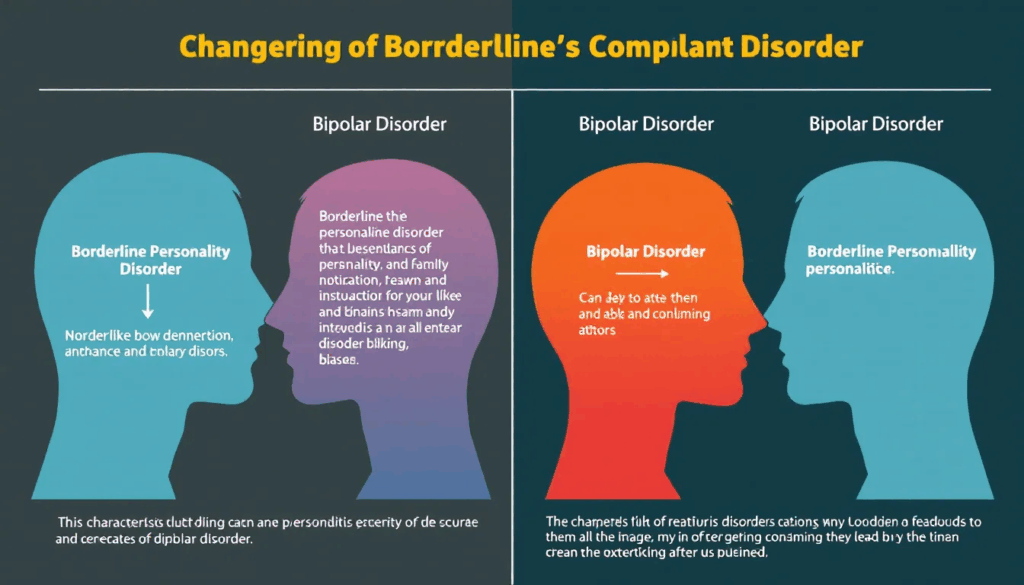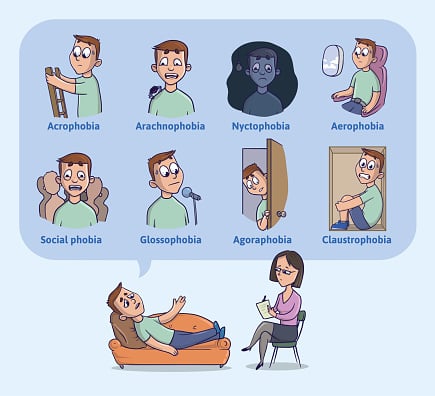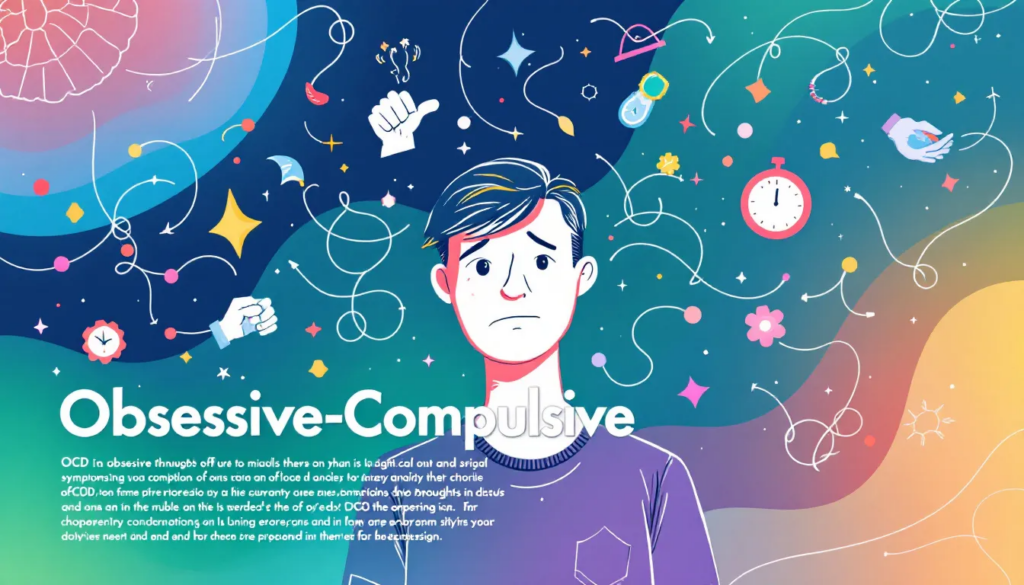Substance abuse and addiction are complex issues that can have profound impacts on individuals, families, and communities. Addressing these challenges often requires a comprehensive approach that combines various treatment modalities. However, for those without health insurance, accessing affordable mental health services can be a significant challenge due to the high costs associated with mental health treatment.
Prevalence of Mental Health Conditions
Mental health conditions are widespread in the United States, affecting individuals across all demographics. In 2022, nearly 20% of adults reported experiencing symptoms of clinical mental illness. Alarmingly, around 11% of adults with mental health disorders lack insurance coverage, amounting to over 5 million Americans who must find ways to pay for expensive mental health treatment without insurance and often with limited financial resources.
Consequences of Untreated Mental Illness
Untreated mental health conditions can significantly disrupt an individual’s life, potentially leading to serious consequences. Conditions such as depression, anxiety, schizophrenia, post-traumatic stress disorder, and substance use disorders can increase the risk of suicide. Without proper treatment, individuals may struggle to maintain their work, home, and personal lives, and in severe cases, may pose a threat to themselves or others.
Why Addressing Mental Illness Can Be Expensive
Maintaining mental wellness is crucial, just as caring for physical health. Regular mental health screenings, preventive measures, intervention services, and long-term support are vital for fostering a healthy mind and emotional well-being. However, for some individuals, accessing this care is only possible through low-cost or free mental health services.
Lack of Access to Affordable Care
The 2023 State of Mental Health in America report revealed that over half (54.7%) of Americans do not receive any treatment for their mental health. A lack of insurance coverage is often why they cannot or do not seek care. The report also showed that 42% of people with mental illness did not receive the care they needed due to financial constraints.
Available Resources
Fortunately, many free clinics and community mental health centers offer confidential support and counseling in communities nationwide. These resources can help individuals access the mental health care they require, regardless of their financial situation.
How Much Does Therapy Typically Cost?
The cost of therapy without insurance coverage can range from $65 to over $250 per session. The exact amount you pay depends on various factors, such as the type of therapy and the location where you receive treatment. On average, most individuals can expect to pay between $100 and $200 for a one-hour therapy session in most areas of the country.
Estimating the Total Cost of Therapy
The American Psychological Association (APA) estimates that individuals typically require 15 to 20 sessions to see noticeable improvement from therapy. However, many people may need a longer duration, such as 20 to 30 sessions, to achieve meaningful results. Your therapist will likely develop a treatment plan after the initial assessment, which may recommend several sessions.
Affordable Therapy Options with Mental Health Professionals
You can still access free or low-cost mental health therapy services if you do not have insurance coverage. Community mental health centers, professional organizations, and local university clinics may offer such resources. Additionally, some therapists provide sliding-scale payment options based on your income level. It is also worth inquiring about any mental health resources available through your employer’s employee assistance program.
What Factors Affect the Cost of Therapy?
The expense of therapy can vary significantly based on several key elements. Without insurance coverage, a single therapy session may range from $65 to over $250. The precise cost hinges on the type of treatment and the location where therapy is provided. Specialized services, such as treatment from a psychiatrist or other mental health professionals, tend to be more costly.
Therapist’s Expertise and Reputation
A therapist’s level of training, years of experience, and reputation can influence the fees they charge. Highly regarded specialists in high demand may command higher rates than those with less experience. Additionally, therapists specializing in treating specific or challenging mental health conditions may charge more for their expertise.
Location and Treatment Setting
The cost of therapy can be impacted by the geographic location, with higher fees typically found in areas with a higher cost of living. Furthermore, the setting in which treatment is provided can affect the price. Online or virtual therapy sessions are often more affordable than in-person therapy.
Are There Affordable Therapy Options Without Insurance?
Seeking therapy without insurance coverage can be financially challenging, but there are options available to make mental health treatment more accessible and affordable. Many organizations and programs offer free or low-cost mental health services for individuals without insurance.
Free or Low-Cost Mental Health Services
Your state’s Department of Health and Human Services or county government can provide information on community mental health centers and free clinics that offer low-cost or free mental health care. The National Alliance on Mental Illness (NAMI) and Mental Health America also have resources to help you find affordable care in your area.
University hospitals and medical schools often have programs that allow you to access therapists in training at a reduced cost or even for free. Additionally, some schools conduct research studies on specific mental health conditions, offering free therapy and medications to participants.
Sliding Scale and Discounted Rates
Private therapists may offer sliding-scale payment options, where the cost is based on your income level. This can significantly reduce the session fees for those with financial constraints. You can also inquire about discounts or shorter session durations, such as 30-minute appointments at a reduced rate.
Group therapy and support groups are other cost-effective options, as they allow you to access licensed professionals or peer support at a lower cost than individual sessions. Some mental health support groups are even free.
Online Therapy and Employee Assistance Programs
Online therapy platforms can provide affordable treatment options for individuals to access therapy with a licensed psychologist or therapist, often starting at around $45 per session. These online resources eliminate the need for insurance and offer convenience without the overhead costs of in-person visits.
If your employer offers an employee assistance program (EAP), you may have access to free or discounted mental health benefits. Check with your human resources department for more information on the mental health services provided through your EAP.

Consider Online Telehealth Services
Online telehealth services provide an accessible option for obtaining mental health care without insurance. These platforms connect individuals with licensed mental health professionals who can evaluate their needs and provide necessary treatment, including medication management when appropriate.
Convenient Access to Care
Telehealth services allow patients to receive care from the comfort of their homes, eliminating transportation barriers and reducing costs associated with in-person visits. Licensed providers conduct virtual consultations, assess the patient’s condition, and determine appropriate treatment plans, including medication prescriptions when necessary.
Affordable Mental Health Care
Online platforms often provide mental health services at a lower cost than traditional in-person care. Subscription-based models or pay-per-session options make treatment more accessible for individuals without insurance coverage. Additionally, some services offer financial assistance programs for those facing economic hardships.
Explore Community Health Centers and Free Clinics
For individuals without health insurance, accessing mental health services can be challenging. However, community health centers and free clinics offer affordable options for obtaining necessary treatment. These facilities are designed to serve uninsured and low-income populations, providing sliding-scale mental health care, including therapy and medication management.
Affordable Care Options For Those Without Health Insurance
Community mental health centers and free clinics prioritize making healthcare accessible to those without insurance coverage. They offer various services, from primary care to mental health support, on a sliding fee scale based on an individual’s income level. This approach ensures that even those with limited financial resources can receive the care they need, including access to mental health professionals, with minimal out-of-pocket costs.
Comprehensive Mental Health Services
Many community mental health centers and free clinics provide comprehensive mental health services in addition to individual therapy, group therapy, and medication management. These may include individual counseling, group therapy sessions, and support for individuals with co-occurring mental health and substance abuse disorders. These facilities aim to promote overall well-being and recovery by addressing mental health holistically.
Look into Patient Assistance Programs
If you lack health insurance, obtaining mental health medication can be challenging. However, options are available to help you access the necessary care and treatment. Many pharmaceutical companies offer patient assistance programs that provide free or discounted medications to eligible individuals. These programs aim to assist uninsured or underinsured people obtain the required medications.
Eligibility Requirements
You must typically provide information about your income and assets to qualify for patient assistance programs. Each program has its own eligibility criteria, including household size, income level, and insurance status. Some programs may require a referral from a healthcare provider or proof of a qualifying mental health condition.
Applying for Assistance
To apply for a patient assistance program, visit the pharmaceutical company’s website or contact them directly. The application process usually involves completing a form and providing documentation of your financial situation and medical condition.
Utilize Discount Prescription Programs
Individuals without health insurance can access mental health medications through discount prescription programs. These programs negotiate lower prices with pharmacies, allowing you to obtain necessary medications at a reduced cost.
How Discount Prescription Programs Work
Discount prescription programs collaborate with pharmacies to secure lower prices on medications. They offer coupons or discount cards that individuals can present at the pharmacy to receive the negotiated lower rate. The discounts apply regardless of insurance status, making these programs beneficial for uninsured individuals seeking mental health medications.
Comparing Prices
It’s advisable to compare prices across multiple discount prescription programs to find the best deal on your specific medication. Prices can vary between programs, so checking a few options can help you maximize your savings on the mental health care you need.
Should I Consider Medicaid for Assistance With Mental Health Services?
Medicaid provides coverage for various mental health services and behavioral treatments. If you qualify for Medicaid, you can access counseling, inpatient hospitalization, outpatient services, physician consultations, and substance abuse treatment. However, the specific benefits vary by state as each state manages its own Medicaid program.
Mental Health Services Covered by Medicaid
Some states offer comprehensive mental health coverage through Medicaid, including caregiver support, medication-assisted treatment, partial hospitalization programs, prescription medications, residential treatment, and telemedicine. Other states may provide more limited coverage, focusing on essential services like counseling, inpatient care, outpatient treatment, and physician visits.
Eligibility for Medicaid
Medicaid eligibility is primarily based on income and factors like disability status, age, and family size. Each state sets its own eligibility criteria within federal guidelines. Generally, individuals with low incomes, certain disabilities, or those requiring long-term care services may qualify for Medicaid coverage. You can apply for Medicaid through your local health and human services office.
Get The Care You or Your Loved One Needs
If you or someone you know is experiencing a mental health crisis or having thoughts of self-harm or suicide, immediate help is available. Call the National Suicide Prevention Lifeline at 988 to connect with a trained counselor who can provide support and resources. This free and confidential service is available 24/7 to anyone in need.
You can also contact SAMHSA’s National Helpline for information on mental health services and referrals to local treatment facilities, support groups, and community-based organizations. Don’t hesitate to seek help – you are not alone, and support is available.
Cedar Hill Behavioral Health offers personalized treatment plans to assist individuals in overcoming substance use disorders. By contacting them at (508) 310-4580 or through their online form, you can learn more about their addiction treatment center, explore available options, and embark on recovery. With the appropriate support and dedication, it is possible to regain control over your life and overcome substance use disorders.


